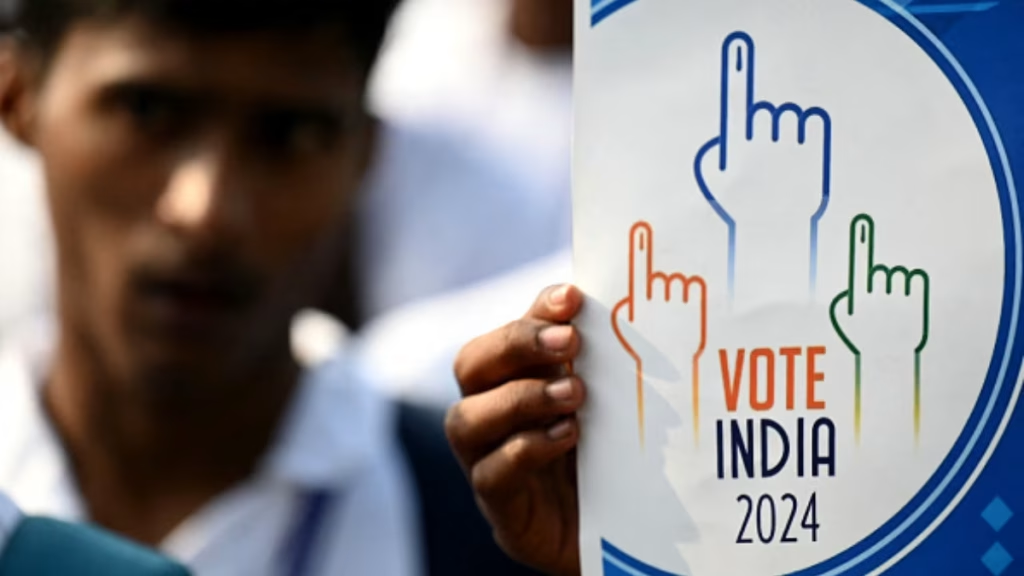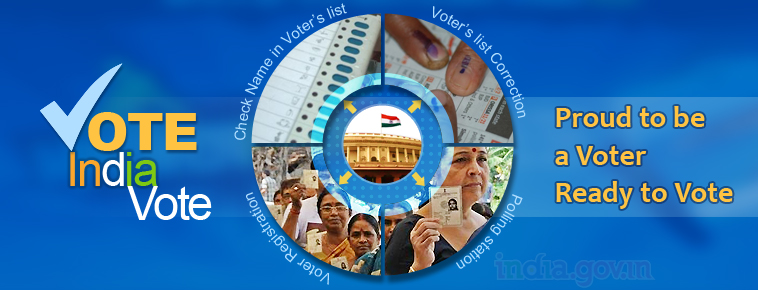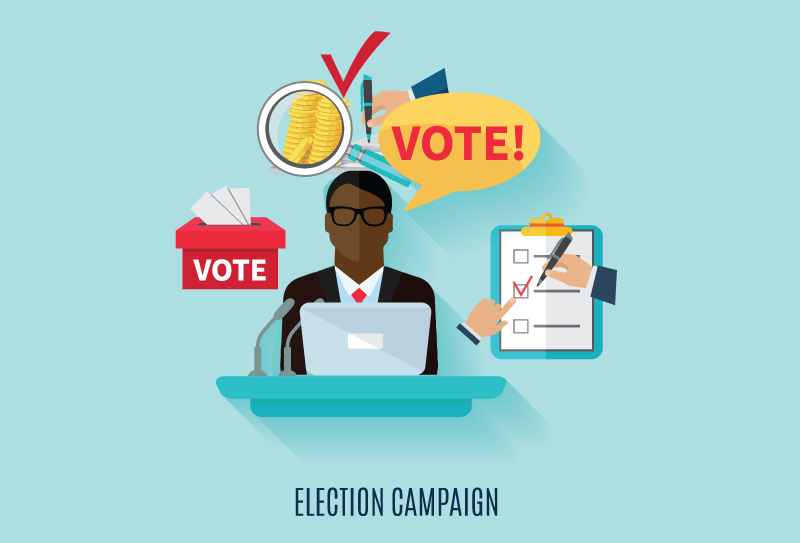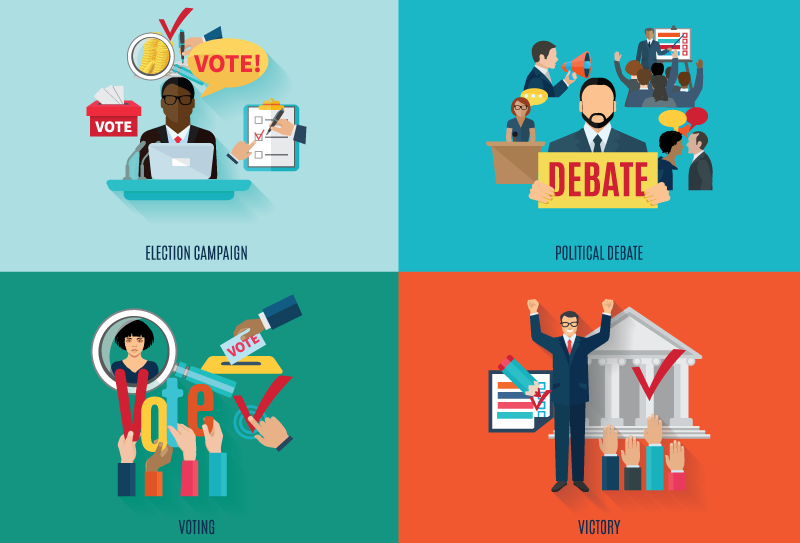
Introduction: As citizens, participating in elections is not just a right but a civic duty. With each election cycle, we have the opportunity to shape the future of our nation by casting our votes for the candidates and policies we believe in. In this comprehensive guide to the election process, we’ll explore everything you need to know to navigate the political maze with confidence and clarity.

Understanding the Electoral System: The cornerstone of any election is the electoral system in place. Whether it’s a presidential, parliamentary, or local election, understanding how votes are cast, counted, and translated into political representation is essential. From first-past-the-post systems to proportional representation, each method has its nuances and implications for democracy. By familiarizing yourself with the electoral system in your jurisdiction, you can better understand the significance of your vote and its impact on the outcome.

Key Players in the Election: At the heart of every election are the candidates vying for office. From presidential hopefuls to local council candidates, these individuals represent a diverse array of backgrounds, ideologies, and priorities. Understanding their platforms, track records, and qualifications is essential for making informed decisions at the ballot box. Additionally, don’t forget about the role of political parties, interest groups, and grassroots movements in shaping the electoral landscape.

The Importance of Voter Registration: Before you can exercise your right to vote, you must first ensure that you’re registered to do so. Voter registration requirements vary by jurisdiction, so it’s essential to familiarize yourself with the process in your area. Whether you’re registering online, by mail, or in person, make sure to do so well in advance of Election Day to avoid any last-minute complications. Remember, every vote counts, so don’t let registration deadlines slip by unnoticed.

Navigating Campaign Season: As Election Day approaches, the political landscape becomes increasingly saturated with campaign ads, debates, and rallies. Navigating this deluge of information can be overwhelming, but it’s essential to stay informed and engaged. Take the time to research candidates’ positions on key issues, attend candidate forums, and participate in voter education events. By arming yourself with knowledge, you can make confident, well-informed decisions when it comes time to cast your vote.
Exercising Your Right to Vote: On Election Day, the power to shape the future of our nation is literally in your hands. Whether you’re casting your vote at a polling station, by mail, or through early voting options, make sure to do so with careful consideration and conviction. Remember, voting is not just a right but a privilege—one that millions of people around the world long for. By exercising your right to vote, you’re not just shaping the outcome of this election but contributing to the ongoing evolution of democracy itself.
Conclusion: As we navigate the complexities of the election process, let’s remember that democracy is not a spectator sport—it requires active participation from each and every one of us. By understanding the electoral system, familiarizing ourselves with key players, registering to vote, navigating campaign season, and ultimately casting our ballots, we can ensure that our voices are heard and our values are represented. So let’s roll up our sleeves, engage in civil discourse, and work together to build a brighter future for ourselves and generations to come.


